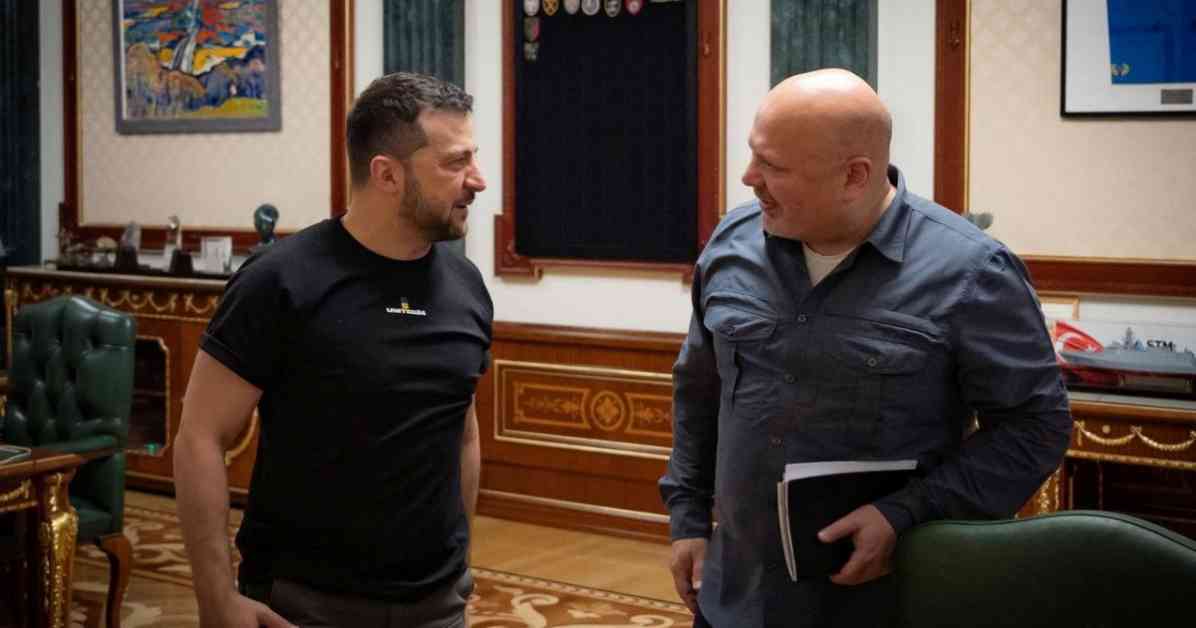Ukraine’s Decision to Join the International Criminal Court: Seeking Justice Against Russia
Ukraine’s parliament made a historic decision to join the International Criminal Court (ICC) in a move aimed at seeking justice against suspected Russian war criminals. The membership of the court, which prosecutes crimes against humanity, also serves to advance Ukraine’s aspirations to join the European Union.
Parliament’s Vote on ICC Membership
On Wednesday, Ukraine’s parliament voted to ratify the Rome Statute, the founding document of the ICC, with 281 lawmakers in favor of the measure. The decision was seen as a significant step towards enabling Ukraine to hold accountable those responsible for grave offenses such as genocide and crimes against humanity. Only one politician in the 450-member body voted against the ratification, according to The Kyiv Independent.
The ICC’s Role in Prosecuting Russian War Criminals
The ICC has the authority to issue arrest warrants for individuals accused of war crimes and crimes against humanity. Last year, the court issued arrest warrants for Russian President Vladimir Putin, his children’s ombudsman Maria Lvova-Belova, former Defence Minister Sergei Shoigu, and General Valery Gerasimov. These warrants were related to various atrocities committed during the conflict between Ukraine and Russia.
Ukrainian Foreign Minister Dmytro Kuleba expressed optimism about the country’s collaboration with the ICC, stating that Ukraine had already worked effectively with the court to ensure accountability for Russian atrocities. With full membership in the ICC, Ukraine aims to further strengthen its efforts in seeking justice for victims of war crimes and human rights abuses.
Advancing EU Aspirations Through ICC Membership
In addition to seeking justice against Russian perpetrators, Ukraine’s decision to join the ICC is seen as a strategic move to align with European Union standards. All EU member states are signatories to the Rome Statute, and the EU has been a strong supporter of the ICC’s mission to address impunity for serious international crimes.
Ukraine signed the Rome Statute in 2000 but had not ratified it until now. Some political and military figures had expressed concerns that Ukrainian soldiers could face prosecution under the ICC. However, senior presidential adviser Iryna Mudra dismissed these fears as part of a “disinformation campaign” aimed at obstructing the ratification process.
Challenges and Myths Surrounding ICC Membership
Mudra highlighted the misconceptions and challenges that Ukraine faced in its journey towards ICC membership. She emphasized that the fears and myths surrounding the potential prosecution of Ukrainian troops were unfounded. The ratification of the Rome Statute was described as a significant milestone for Ukraine in its pursuit of justice and accountability.
Support from Military and Intelligence Agencies
Lawmakers were presented with letters of support from Ukraine’s General Staff and the head of Kyiv’s military intelligence before voting on the ICC membership. This endorsement from key military and intelligence agencies reflects the importance of cooperation between the government and security forces in addressing international crimes and ensuring accountability.
Exemption for Ukrainian Citizens in Article 124
The ratification of the Rome Statute included a provision in Article 124 that exempts Ukrainian citizens from being prosecuted for war crimes for a period of seven years. This exemption was seen as a necessary measure to protect Ukrainian nationals while still allowing for the prosecution of foreign perpetrators, particularly those involved in the conflict with Russia.
Impact on Punishing Russian Perpetrators
Yevheniia Kravchuk, a ruling party politician, highlighted the dual significance of Ukraine’s ICC membership. She emphasized that ratifying the Rome Statute would not only enable greater opportunities for punishing Russian war criminals but also contribute to the isolation of Russia on the international stage. By aligning with the ICC’s mandate, Ukraine aims to hold accountable those responsible for grave violations of international law.
In Conclusion
Ukraine’s decision to join the International Criminal Court marks a significant step towards seeking justice for victims of war crimes and human rights abuses. By ratifying the Rome Statute, Ukraine aims to strengthen its collaboration with the ICC and advance its aspirations to join the European Union. The move also underscores Ukraine’s commitment to upholding international law and holding accountable those responsible for grave offenses. As Ukraine embarks on this new chapter of cooperation with the ICC, the country reaffirms its dedication to justice, accountability, and the protection of human rights on the global stage.



























